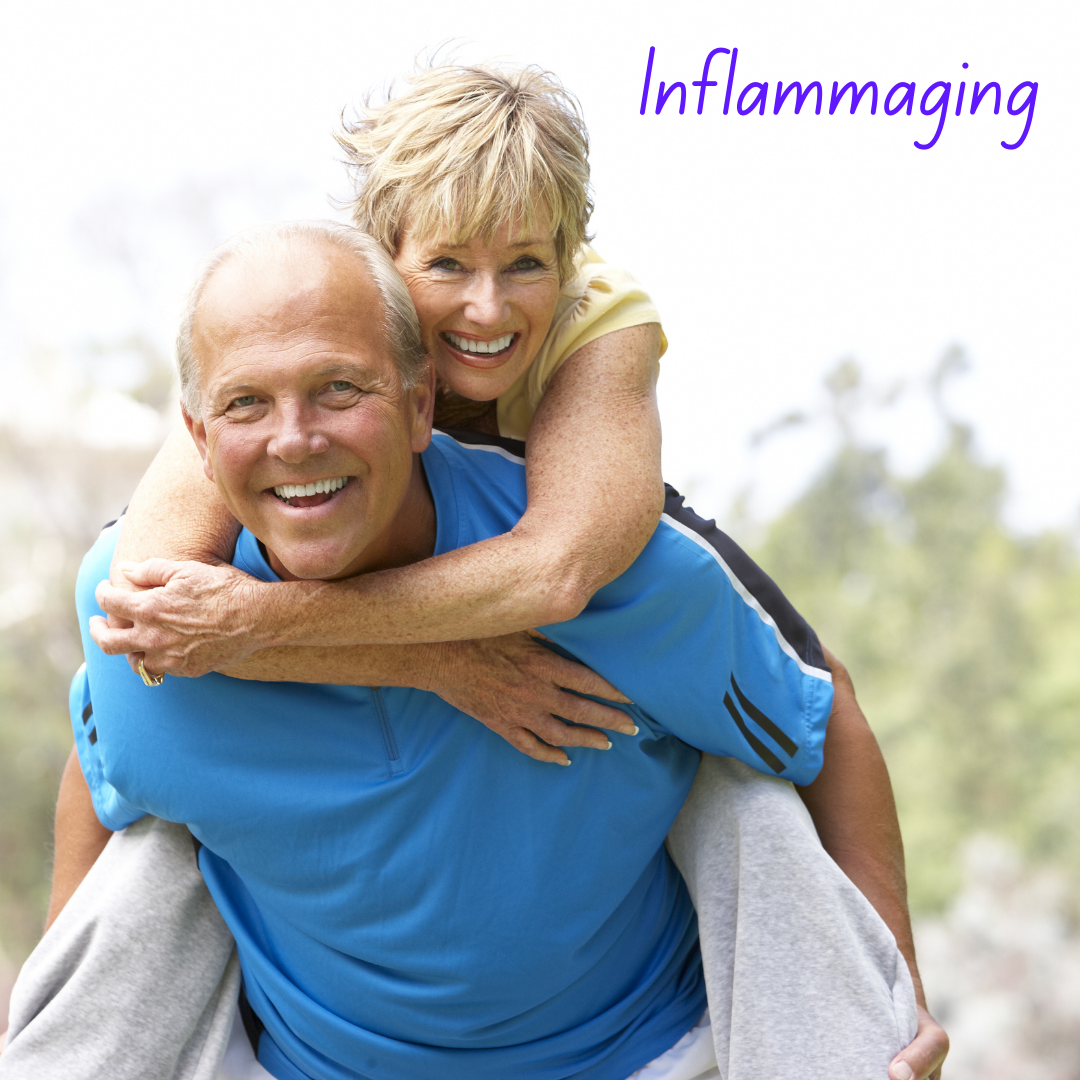Reframing Inflammaging: How Acupuncture and Chinese Herbal Medicine Support Healthy Ageing
Ageing, Inflammation & Vitality
How Chinese Medicine Helps You Move Better, Sleep Deeper, and Age with Resilience
Inflammaging refers to the chronic, low-grade inflammation that accumulates in the body as we grow older. It’s increasingly recognised as a core factor behind the symptoms many experience with age—fatigue, joint stiffness, digestive issues, restless sleep, and slow recovery. Even in the absence of a formal diagnosis, these signs can profoundly affect day-to-day life.
This is where Chinese medicine—especially acupuncture and herbal medicine—offers a valuable perspective. Rather than simply masking symptoms, these therapies aim to restore function, improve circulation, reduce inflammation, and build resilience.
What Is Qi—Really?
You may have heard of qi (pronounced “chee”) described as a kind of mystical energy, but that’s a misconception based on early mistranslations. In modern Chinese medicine, qi refers to your body’s ability to function optimally: to circulate blood, digest food, adapt to stress, and regulate hormonal and immune systems. When qi is compromised, people often feel tired, sluggish, foggy, or unwell.
A Functional View of Health in Chinese Medicine
From a Chinese medicine perspective, healthy ageing means that the body can:
Efficiently deliver oxygen and nutrients to all tissues
Regulate inflammation and recover from stress
Maintain coordination across immune, digestive, and hormonal systems
When these systems start to falter—as they often do with age—people may notice slower healing, disrupted sleep, low energy, aches and pains, or cognitive changes. Chinese medicine recognises these not as isolated symptoms, but as interconnected patterns of imbalance.
How Acupuncture Helps
Research supports acupuncture’s ability to:
Lower systemic inflammation (e.g., reducing CRP and IL-6 levels)
Enhance peripheral circulation and oxygenation
Regulate the nervous system to support restorative sleep
Improve mitochondrial function and cellular energy production
A meta-analysis involving nearly 18,000 patients across 29 clinical trials found acupuncture significantly reduced chronic pain (Vickers et al., 2018). Additionally, it has been shown to improve energy and quality of life in people with persistent fatigue (Kim et al., 2015).
The Role of Herbal Medicine in Healthy Ageing
Chinese herbal medicine has been used for centuries to nourish the body and delay age-related decline. Contemporary studies confirm its relevance in supporting long-term health. For example, it can:
Reduce low-grade inflammation — useful for managing arthritis, inflammatory bowel disease, or chronic skin issues like eczema
Boost immune resilience — helping those prone to repeated infections or recovering from viral illnesses
Enhance digestion and absorption — for people experiencing bloating, irregular bowel movements, or reduced appetite
Support hormonal balance and emotional health — easing menopause, PMS, or stress-related mood issues
Improve vascular health — by enhancing circulation and reducing arterial stiffness, which supports brain and heart function as we age
A large review of 84 clinical trials confirmed that Chinese herbal medicine improved fatigue and lowered inflammation in people with chronic fatigue syndrome (Zhang et al., 2022).
Why This Matters as We Age
Even in the absence of a clear diagnosis, it's important to take early signs of physiological change seriously. No single system of medicine holds all the answers—including Western medicine. For people navigating chronic conditions or complex symptoms, Chinese herbal medicine can offer meaningful improvements in quality of life where conventional approaches may have limited options.
At On the Pulse Clinic, we integrate evidence-informed acupuncture and herbal strategies to help patients:
Feel more vibrant and move more easily — with less stiffness and more freedom of movement
Sleep better — drift off more easily, stay asleep longer, and wake feeling refreshed
Rely less on multiple medications — reducing the risk of side effects and interactions
Improve day-to-day wellbeing — because it’s not just about living longer, but living well
Thinking Differently About Ageing
Western and Chinese medicine can work together to provide more comprehensive care. Chinese medicine doesn’t replace your GP—it has a lot to offer to improve your overall health through a more systems-oriented, holistic lens. With increasing research bridging both systems, the future of integrated care is becoming more collaborative.
You don’t have to believe in tradition or philosophy to benefit. The research is growing, the results are real, and millions worldwide are already using Chinese medicine to age with greater vitality.
📍 On the Pulse Clinic, South County Dublin
🔗 onthepulse.clinic | Integrated care for fatigue, inflammation, and healthy ageing

